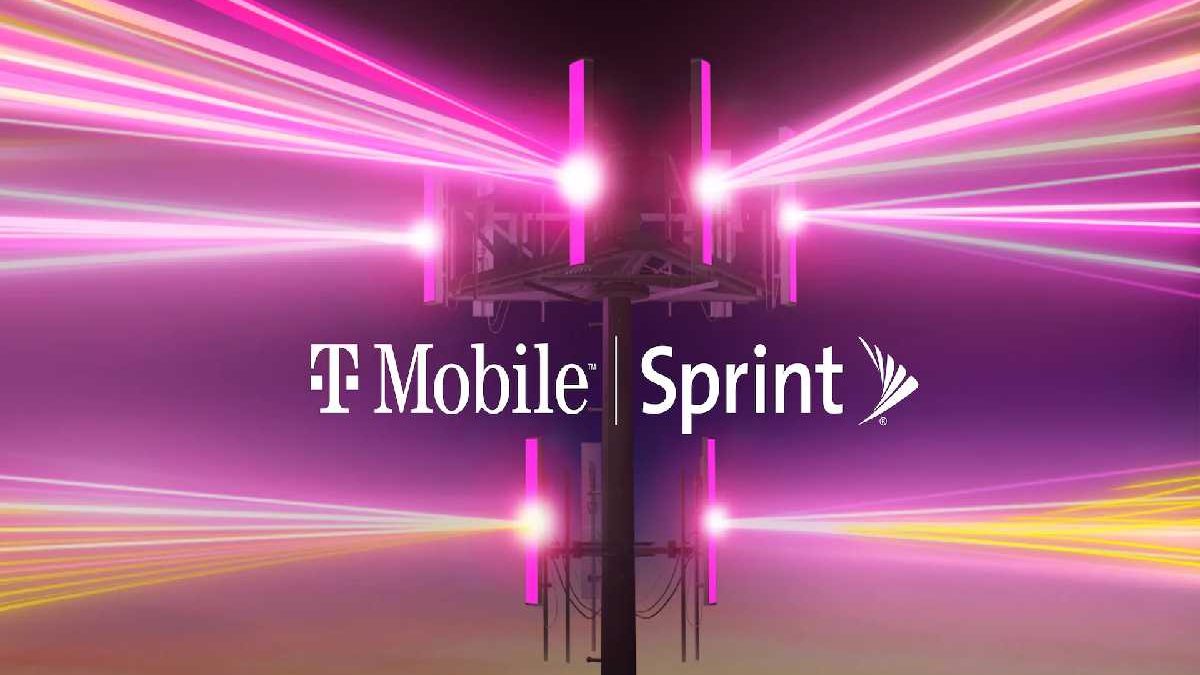Table of Contents
T Mobile Sprint Merger
The Trump-era Justice Department’s decision to allow the T Mobile Sprint merger will be considered one of the worst merger execution mistakes in decades.
Moreover, its union will transfer billions of dollars in wealth from the average American to T-Mobile / Sprint shareholders.
To avoid a repeat of the T-Mobile / Sprint mistake, we need a reinforced structural presumption, one that instructs by law to shift the burden of persuasion to the defendants and that requires “clear and convincing prove” to disprove.
What is the most crucial franchise?
The T-Mobile and Sprint merger had to sell off some owned-and-operated companies to a third business that will become a new countrywide wireless carrier.
- That corporation is Dish, which will take over Sprint’s Boost Mobile corporate. (In February, Sprint folded its Virgin Mobile minor into Boost in expectation of handing off that business to Dish).
- So T-Mobile has to deliver access to some of its wireless range for a few years while Dish builds its network.
- A grievance filed by numerous state attorneys general tried to block the deal over fears that it would hurt rivalry. But in February, a U.S. federal magistrate ruled in favor of letting the union continue.
- They are eliminating the last major hurdle to the T-Mobile-Sprint. In March, the California Public Utilities Command — one of the previous hold — delivered a suggestion to favor the merger.
- The last vote still needs to be taken, but things seem pressed out enough for the New T-Mobile to move forward.
Why is this happening with the T-mobile merger?
- It’s effortless; Verizon and AT&T are so much better than both Sprint and T-Mobile that the carriers are in two distinct fights.
- Rather than one big contest with all four carriers going in contradiction of each other. It’s more like a match between AT&T and Verizon. At the top and a game between T-Mobile and Sprint at the lowest.
- If Sprint and T-Mobile join militaries to become 1 company, the fight will be in three similar companies.
- It makes more intelligence from a business standpoint as it will give the T-Mobile-Sprint company a fair hand in the contest.
Why has it taken four years?
- For one, T-Mobile was the fourth-largest carrier for a long time, and the initial merger talks were about Sprint buying T-Mobile.
- However, mainly due to CEO John Legere’s “no B.S.” attitude and the Uncarrier changes made at T-Mobile, Sprint is now the fourth-largest carrier, with T-Mobile in third.
- Why won’t three businesses make less competition and thus cause prices to rise?
- It is contingent on how you look at it, which shows how the “Big Four” wireless transporters stack up to each other when it originates to their subscriber base.
- The info comes from Fierce Wireless and signifies numbers from the last sector.
- T-Mobile and Sprint don’t have a prayer in contradiction of AT&T and Verizon. Neither Sprint nor T-Mobile would ever compete for the big dogs’ facts outside of some wonder.
- But, take a look at the reader count of the “Big Three,” should this T-Mobile-Sprint deal go finished.
- As you can see, you have 3 companies that are comparatively the same size, giving T-Mobile the ability to develop the nation’s second-largest transporter maybe.
- So, things would get more competitive rather than make the industry less modest.


